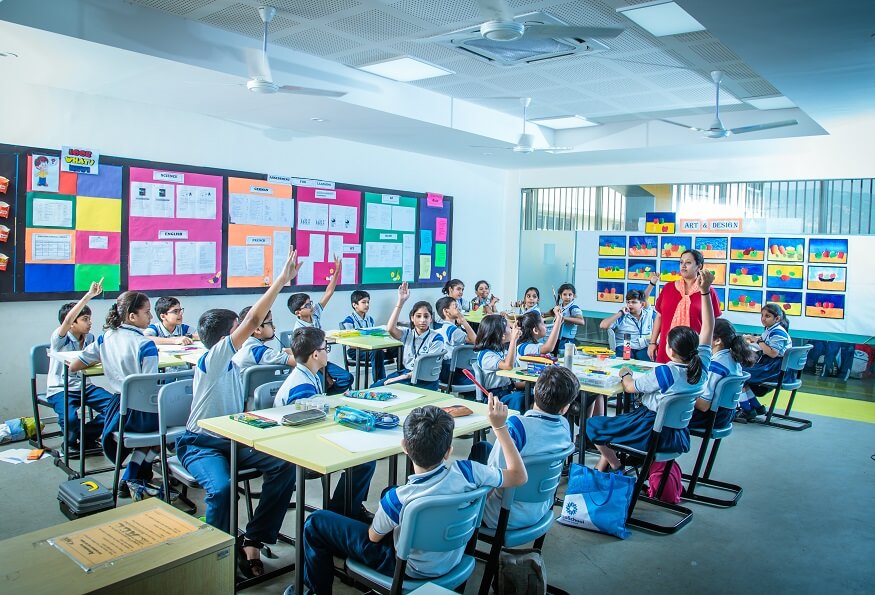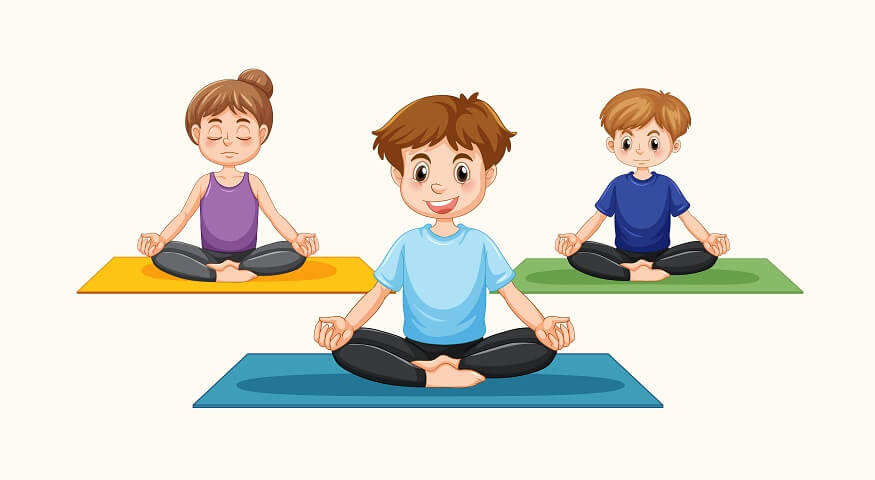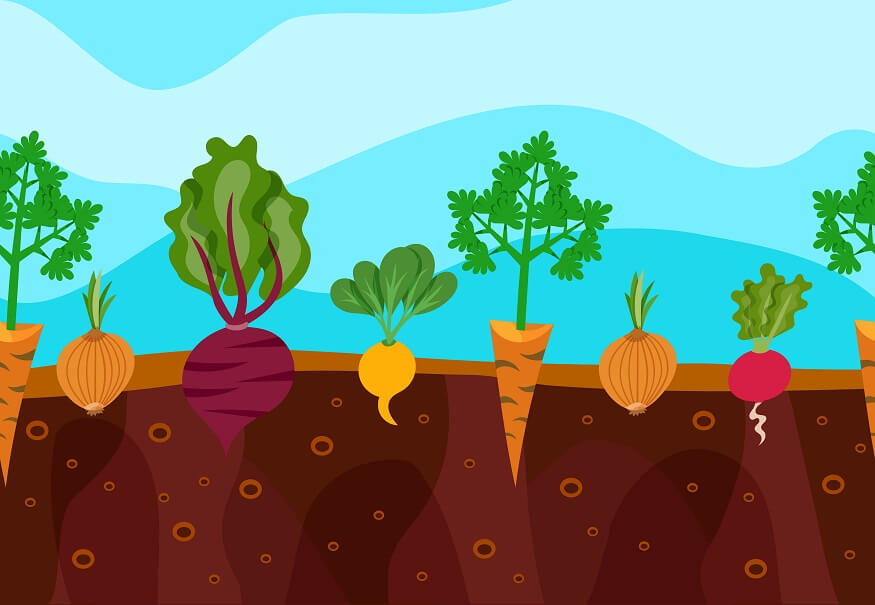When compared to the past, school education in India has played a crucial part in the growth and development of individuals. To begin with, access to education has increased, with more children getting formal schooling. A structured learning plan encompassing subjects and skills for student development is called a curriculum.
The purposeful construction of the curriculum in education places emphasis on fostering critical thinking skills, problem-solving abilities, and utilizing information in practical ways as opposed to pure memorization. A meticulously planned curriculum holds immense significance in establishing a school system that nurtures student growth through various learning phases.
Pre-Primary Education And Its Stages:
Pre-primary education curriculum refers to the educational framework and content designed for young children before they enter formal primary education. This stage of education typically caters to children aged three to five years and is focused on providing a nurturing and stimulating environment for their holistic development.
The curriculum of pre-primary education is meant to be focused, play, and activity oriented. It recognizes that young children learn best through hands-on experiences, exploration, and interaction with their environment and peers. The curriculum in education is designed to promote the overall development of children and lay a strong foundation for their future learning.
The nursery stage:
The nursery stage, often the first level of pre-primary education focuses on introducing children to a structured learning environment, fostering social skills, and developing basic concepts. Activities may include free play, storytelling, music and movement, simple puzzles, and engaging with shapes, colours, and patterns.
The playgroup stage:
This stage builds upon the nursery level and focuses on enhancing cognitive skills, language development, and social interaction. Children engage in activities such as pre-reading and pre-writing skills, number recognition, art and craft, outdoor play, and group activities to develop their communication and problem-solving abilities.
Kindergarten:
The final stage of pre-primary education prepares children for the transition to formal primary education. It focuses on further developing language and literacy skills, numeracy skills, scientific thinking, and creativity. Activities may include storytelling, reading comprehension, early maths concepts, scientific exploration, dramatic play, and physical activities to strengthen motor skills.
Primary education and its stages:
In India, the primary curriculum in education includes a range of subjects, including language arts reading, writing, speaking, and listening, mathematics, science, social studies, environmental studies, and additional disciplines such as arts, physical education, and languages are occasionally taught. These subjects are carefully structured to provide a balanced and broad education, covering various parts of knowledge and skills that are important for a student’s growth and development.
Primary education is divided into different stages, which serve as milestones in a child’s educational journey. These stages typically include:
Foundation Stage (Grades 1 and 2):
This stage focuses on building a strong foundation in language skills, numeracy, and basic concepts of science and social studies. The emphasis is on developing foundational literacy and numeracy skills, fostering curiosity, and instilling a love for learning.
Middle Stage (Grades 3 and 4):
In this stage, the curriculum expands on the foundation laid in the earlier years. Students are given exposure to more advanced concepts in language arts and subject-specific studies. The curriculum also introduces subjects like environmental studies, which raise awareness about environmental issues and sustainability.
Upper Primary Stage (Grade 5 and sometimes Grade 6):
The upper primary stage focuses on strengthening subject-specific knowledge and skills. The curriculum encourages critical thinking, problem-solving, and analytical abilities. It prepares kids for secondary school and additional specialised studies.
Importance of Primary Education:
In India, the primary curriculum is meant to meet the different requirements of students and provide an integrated education. It seeks to achieve many essential goals.
Foundational Skills:
The primary curriculum in education focuses on developing foundational literacy and numeracy skills, which form the basis for further learning. It emphasises language proficiency, reading comprehension, writing skills, and mathematical abilities.
Holistic Development:
The curriculum recognizes the importance of holistic development and includes subjects that promote physical, social, emotional, and moral growth. It encourages activities like sports, arts, and value-based education to nurture well-rounded individuals.
Cultural Understanding:
India is a vast country with multiple languages, cultures, and traditions. The primary curriculum emphasises cultural understanding, tolerance, and respect for diversity. It may include regional or local language instruction to preserve and promote cultural heritage.
Active Learning:
The curriculum promotes active learning approaches, such as project-based learning, group activities, and practical experiments.
Also Read: Difference between Primary and Secondary School
Secondary Education and its Stages:
Secondary curriculum in school education refers to the set of subjects, learning objectives, and teaching methods designed for students in the later years of their formal schooling. It builds upon the foundational knowledge and skills acquired in primary education and prepares students for higher education or the workforce.
In general, secondary education comprises two distinct stages: lower secondary and upper secondary.
Lower Secondary:
This stage typically covers grades or years 7 to 9, depending on the education system. The curriculum aims to provide a broad-based education that continues to develop foundational knowledge and skills across various subjects. Subjects commonly include language and literature, mathematics, sciences, social sciences, and additional elective subjects like arts, computer science, foreign languages, or vocational courses.
Upper Secondary:
This stage usually covers grades or years 10 to 12. It provides a more specialised curriculum, allowing students to focus on particular subject areas similar to their interests or career goals. The curriculum includes core subjects relevant to higher education or specific career paths, along with a range of elective subjects. The specific groups or streams may vary across countries or educational systems, but here are some common examples for better understanding.
Science Group:
This group consists of science, technology, and maths-related subjects such as physics, chemistry, botany, zoology, mathematics, and computer science.
Arts:
It includes literature, history, sociology, psychology, economics, geography, and languages
Commerce/Business Group:
It typically includes subjects such as economics, business studies, accounting, mathematics, and sometimes entrepreneurship or computer applications.
Vocational/Technical Group:
These streams focus on practical skills and may include subjects like automotive mechanics, hospitality, information technology, or healthcare.
General Group:
This group allows students to have a more diverse range of subjects and flexibility in their course selection.
Significance of Secondary curriculum:
- Secondary education in India provides a foundation for higher education and future career opportunities.
- It helps students with advanced knowledge, critical thinking skills, and problem-solving abilities.
- Secondary education increases creativity, and innovation, and prepares students for the challenges of a fast-changing world.
Also Read: Quality of Education in International Schools
Conclusion:
At EuroSchool, we strive to provide a comprehensive and progressive learning experience through the curriculum of pre-primary, primary, and secondary school stages. Our curriculum aims to equip students with the necessary knowledge, skills, and values to succeed in their personal and academic lives while adapting to the demands of an ever-changing world.










